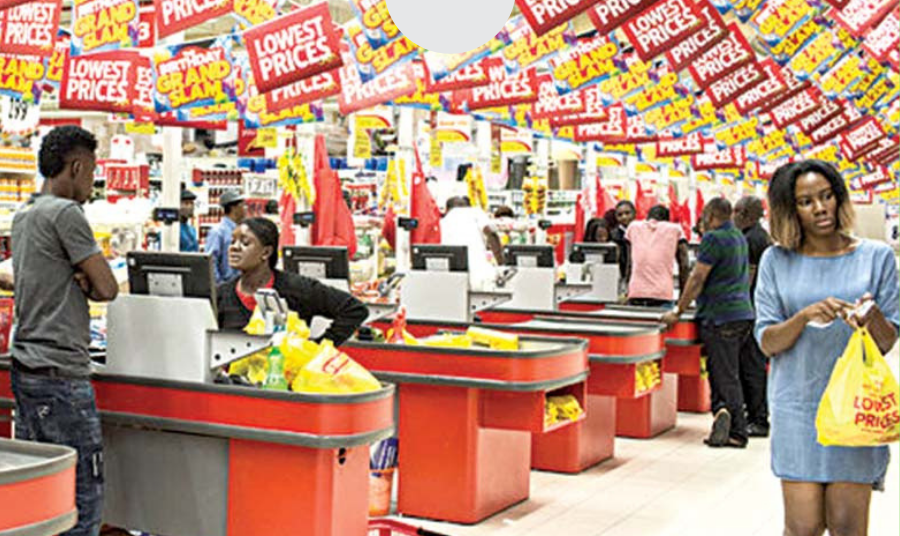Nigeria’s president Muhammadu Buhari missed an opportunity to engage with and re-assure domestic and local investors as he pulled a no show at the ongoing 21st Nigeria Economic Summit (NES).
Buhari who was supposed to appear (and be interviewed) on the first day of the summit at a Presidential Policy Dialogue session with the theme – Tackling Corruption, Insecurity and Economic Competitiveness, decided to send the Vice President instead.
According to the NES:
“The Presidential Policy Dialogue will be a formal interaction with the President who will share information and perspectives on the issues surrounding the theme. The Moderators are responsible for ensuring order and a sense of purpose towards expected outcomes.”
Expected outcomes from the session were to include:
- Update on efforts aimed at tackling corruption and the fight against insurgency in the North-East, oil theft in the South-South and other violent crimes and incidents of insecurity across the country.
- Strategies to nurture, promote and encourage a culture of accountability,
- Adequacy of existing legal frameworks to reward integrity and punish graft in the public service.
- Specific policy direction towards achieving economic competitiveness and inclusive growth
As expected with the absence of the president we were left with the same talking points we have been hearing since the APC government was sworn in some four months ago with little or no clarity on how they intend to execute.
For example the Vice President Yemi Osibanjo repeated for the umpteenth time:
“There would be a lot of social investments, including in education, social protection schemes, and conditional cash transfers that would actually speak to the large numbers of the huge Nigeria poor population. We need to reflate the economy by making people have money in their hands, especially the extremely poor using say the conditional cash transfers that will help improve school enrolment and health care. We will also give money to women because they will manage it better and we think there is the need to bail out the poor and we think that in doing this, we need to come out with schemes that empower them.”
So there you have it. The new government’s economic policy is anchored on transferring cash and bailing out the so called poor. No mention on where this cash will come from since oil rich Nigeria is in a dire fiscal crises since the 50 percent plunge in oil prices from a year ago.
Meanwhile Osibanjo might want to go ask Brazil and South Africa (2 commodity producers with massive amount of unproductive citizens receiving handouts) how that nanny state thing is working out for them.
Hint: Brazil is in recession and South Africa is on the brink of one as it recorded negative growth last quarter.
As for the NES’ goals for the session which states that:
“At the end, there should be sufficient clarity on the tough choices before the President and the country in achieving competitiveness, inclusive growth and sustainability and the President’s plans on how to make those tough choices.”
Good luck with that!!

![[NESG SUMMIT] Buhari Surprises Investors By NOT SHOWING UP](https://nairametrics.com/wp-content/uploads/2015/10/Empty-Seats.jpg)












